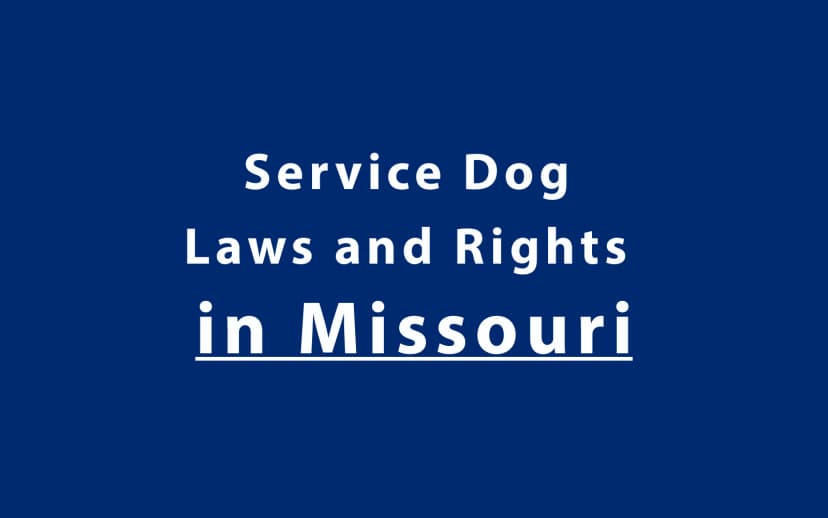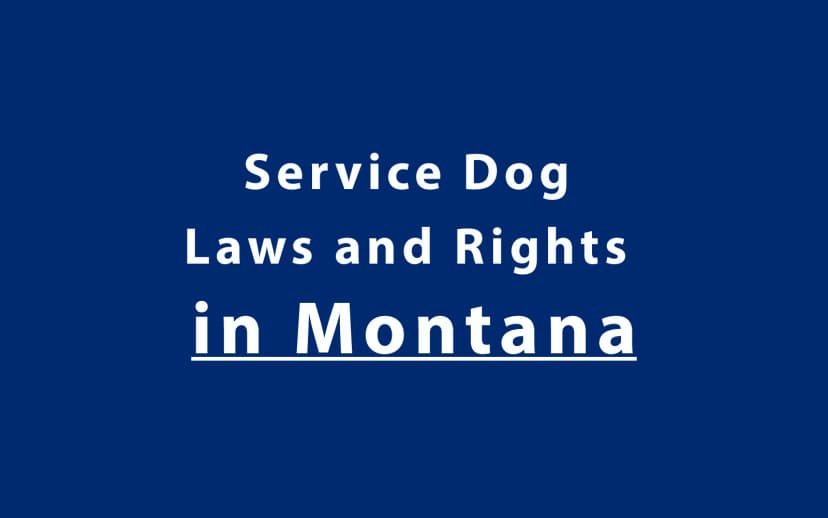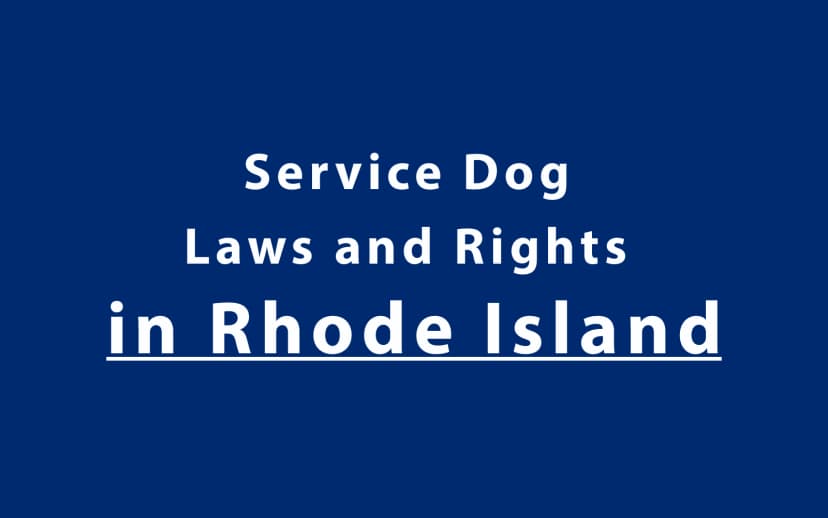How to Get a Service Dog Letter from Your Doctor (With Free Template)

Service dogs play a crucial role in supporting individuals with disabilities, including physical, psychiatric, and sensory impairments. While the Americans with Disabilities Act (ADA) does not require individuals to carry a doctor’s letter for public access, a formal service dog letter can be essential for securing housing accommodations, workplace adjustments, or flying with a psychiatric service dog.
In this article, we explain what a service dog letter is, who can write it, what it must include, and provide a free downloadable template to guide your conversation with a healthcare provider.
What Is a Service Dog Letter?
A service dog letter is a formal document written by a licensed healthcare professional confirming that an individual has a disability and that a service dog is necessary to assist with specific disability-related tasks. While not legally required for public access, the letter is often vital when seeking accommodations under:
• The Fair Housing Act (FHA)
• The Air Carrier Access Act (ACAA)
• ADA Title I (Employment rights)
This letter is different from an Emotional Support Animal (ESA) letter, which does not grant the same public access rights.
Who Can Write a Service Dog Letter?
A valid service dog letter must come from a licensed healthcare professional with whom you have an established provider-patient relationship. Qualified providers include:
• Physicians (MD, DO)
• Psychiatrists
• Psychologists (PhD, PsyD)
• Licensed Clinical Social Workers (LCSW)
• Licensed Professional Counselors (LPC)
Note: Online mental health services can be used if they follow legal guidelines and ensure a real-time evaluation.
When and Why You Might Need a Service Dog Letter
You may need a letter in the following situations:
• Housing: To live with your service dog in a no-pet property and avoid pet fees
• Employment: To request workplace accommodations for your service dog
• Air Travel: When flying with a psychiatric service dog (airlines may request DOT documentation)
Although you are not required to show documentation to enter public places, having a doctor’s letter can reduce conflict and smooth the process when additional verification is needed.
What Should the Letter Include?
A compliant service dog letter should include the following elements:
• Provider’s name, contact information, and license number
• Statement of professional relationship with the patient
• Confirmation of disability (without specifying the diagnosis, if preferred)
• Statement confirming the need for a service dog to perform tasks that mitigate the disability
• Provider’s signature and date
How to Ask Your Doctor for a Service Dog Letter
Approaching your doctor can feel intimidating, but it helps to be clear and honest. Here are some steps:
1. Describe your condition and how it limits your daily activities
2. Explain the tasks the service dog performs that help mitigate your disability (e.g., grounding during panic attacks, retrieving items, alerting to medical episodes)
3. Ask if your provider is willing to write a letter for documentation purposes
If your current provider is not familiar with service animal regulations or is uncomfortable writing the letter, you may consider seeking a second opinion or a telehealth service that specializes in psychiatric disability assessments.
Free Service Dog Letter Template
Below is a sample template that you can bring to your doctor for reference. The letter must be personalized by your licensed provider.
[Provider’s Name]
[Clinic or Practice Name]
[Street Address]
[City, State ZIP Code]
[Phone Number]
[Email Address]
[License Number and State]
Date: [MM/DD/YYYY]
RE: Service Dog Verification Letter
To Whom It May Concern,
I am a licensed [physician/psychologist/etc.] and am currently treating [Patient Full Name]. Based on my professional evaluation, [he/she/they] have a qualifying disability under the criteria set forth by the Americans with Disabilities Act (ADA).
It is my professional opinion that the use of a trained service dog is necessary to assist [Patient First Name] in managing disability-related symptoms and to support their daily functioning. The service dog is individually trained to perform tasks directly related to [his/her/their] disability.
This documentation is provided with [Patient’s] consent and should be used to support their access rights under federal and state laws.
If additional information is needed, please feel free to contact me at the number listed above.
Sincerely,
[Signature]
[Printed Name]
[Professional Title]
Note: This letter must be written and signed by a qualified provider. Never purchase fake documents or falsify your status—misrepresentation can lead to legal penalties and undermines the legitimacy of true service dog teams.
Legal Considerations and Common Mistakes
• Do not use fake service dog registries or certificates.
• Make sure your letter is current. Generally within 12 months is ideal.
• Understand what your letter can and can’t do. It may not grant access beyond what ADA and FHA already provide.
• Be prepared for follow-up questions. Housing providers or airlines may require additional forms.
Frequently Asked Questions
1. Do I need a letter to take my service dog in public places?
No. The ADA grants access rights without requiring documentation.
2. Is a psychiatric service dog treated the same as other service dogs?
Yes, as long as it is task-trained to mitigate a mental health disability.
3. Can a telehealth provider give me a legitimate letter?
Yes, if the provider is licensed and follows your state’s telehealth regulations.
4. How recent should the letter be?
Within the last 12 months is recommended, especially for housing or airline use.
Conclusion
A well-documented service dog letter can be a powerful tool for securing your legal rights in housing, employment, and air travel. While not always required, having formal documentation from a trusted healthcare provider reduces friction and supports your independence.
Download the free template, consult your provider, and ensure your service dog is trained and ready to assist. For more support with training, certification kits, or virtual Public Access Tests, visit AssistanceDogPartners.org.



